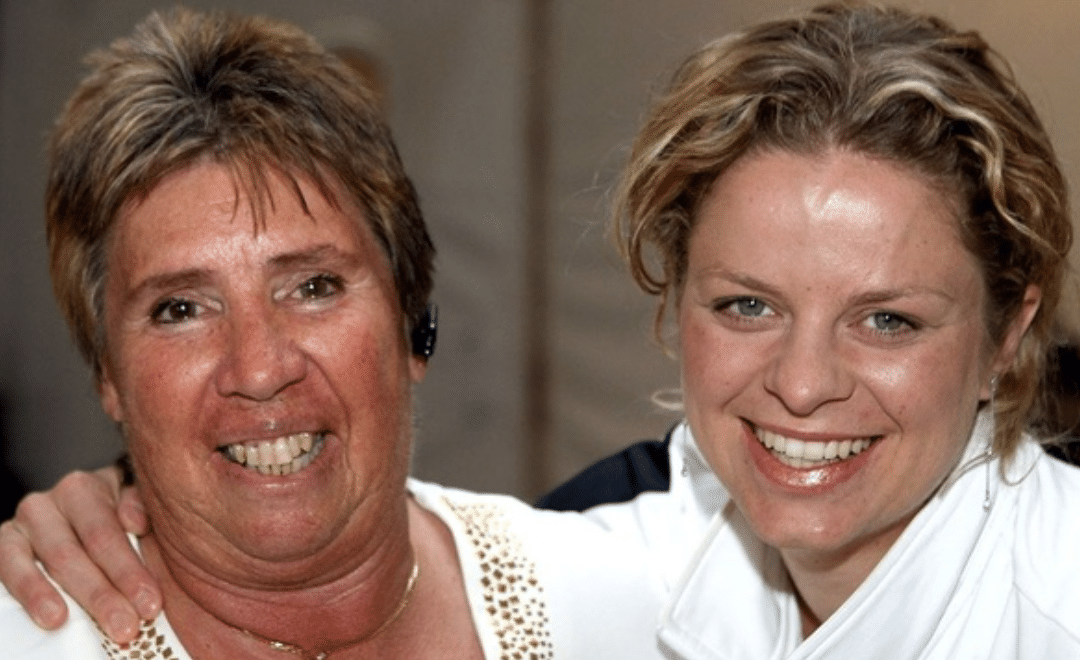A few times in a generation, we are lucky enough to be introduced to athletes who not only transcend their sport, but transform it. Among those athletes is Rosemary “Rosie” Casals.
Casals’ tennis career was illustrious not only on the court, but also through her fight for gender equality in the sport as a member of the ‘Original 9,’ among Billie Jean King, Nancy Richey, Judy Dalton, Kerry Melville Reid, Julie Heldman, Peaches Bartkowicz, Kristy Pigeon and Valerie Ziegenfuss.
With a great majority of prize money and court preference going to male tennis players, the Original 9 teamed with World Tennis publisher Gladys Heldman and signed one-dollar contracts to compete in the Virginia Slims of Houston Invitational. Despite threats of being banned by the USTA, the Original 9 chose to play the tournament in lieu of the Jack Kramer’s Pacific Southwest Championships, which would pay men eight-times more than women.
Casals went on to win the first Virginia Slims tournament, but the true victor was women’s rights in the sport. With the tournament’s success, the Virginia Slims Circuit was established as the first professional women’s tour with $100 in prize money. Similar events continued to pop up across the United States. Ultimately, these tournaments elevated the prize money for women and led to the formation of the WTA in 1973.
According to Casals, the Original 9 were well aware of the risks they were taking in pursuit of equal playing conditions and prize money, but those risks were not enough to deter them from their mission.
“The fact of the matter is that we knew there were risks, but if we didn’t take those risks, what was there? The answer is absolutely nothing,” said Casals. “The tournament organizers were trying to oust the women. They didn’t want us together with the men. They wanted more prize money for the men and less for the women.”
Years later, Casals feels pride in the legacy she and the other members of the Original 9 created for themselves by remaining steadfast in their mission in spite of the many risks they faced throughout their quest for equality. “It’s something that you can’t trade for money or anything else of value because you were a part of history,” she reflected.
“It was the right time period for us to be able to accomplish the things that we accomplished. Of course, we had no idea what was on the other side. We were making these decisions with the hopes that they were going to give a future because we had no future without taking those chances,” said Casals. “Had those Original 9 players not signed that contract with Gladys Heldman and taken that chance, women’s tennis wouldn’t be where it is now.”
Today, Casals is excited by the direction women’s tennis has taken over the years since she and the Original 9 first signed the one-dollar contract. However, she recognizes that the sport still has a long way to go in terms of gender equality.
“Women’s tennis is in a good position, but we still have to keep fighting. There’s still not equality, not just in tennis, but it different workplaces. We’re still experiencing women getting 77 cents to the dollar that men are getting paid,” said Casals. “There’s still a lot of work to be done. As far as tennis, we’ve come a long way from where we were, but we still have to keep fighting. We can’t rest because things change so quickly.”
In addition to her contributions to tennis as a member of the Original 9, Casals recently created the Love & Love Tennis Foundation alongside Tory Fretz, an organization dedicated to promoting the growth of youth tennis in the Coachella Valley for children of all backgrounds.
“I’ve always tried to do my part in spreading tennis. Even though we have a lot of tennis courts here, the opportunities for playing are limited because all of the courts are in gated communities,” Casals explained. “We reach out to kids of all ethnic backgrounds and work with the Boys & Girls Club as well as other grassroot programs to help them financially and with instruction and equipment. We want more kids playing tennis. Many don’t even know what tennis is because they don’t get a chance to see it.”
Casals’ dedication to growing and improving the sport speaks volumes about her character both on and off the court. She could have been remembered as a legend in sport solely through her athletic accomplishments, but she continues to work to bring about positive change.
For young women who also want to bring about change within the sport, Casals offers a unique perspective. “You have to be able to believe in yourself and your ability because you’re going to have some hard knocks. You have to make sure that you really want it, that it’s your journey and not somebody else’s,” she urged.
“Do the best that you can to reach your potential. Not everybody is going to make it, but that doesn’t mean you can’t compete. Not everybody can be No. 1, but you can be No. 2, No. 3, No. 4, No. 5,” she said. “You’re going to go through a lot of tough times. You’ve got to own it, you’ve got to want it, and it’s all about you.”

